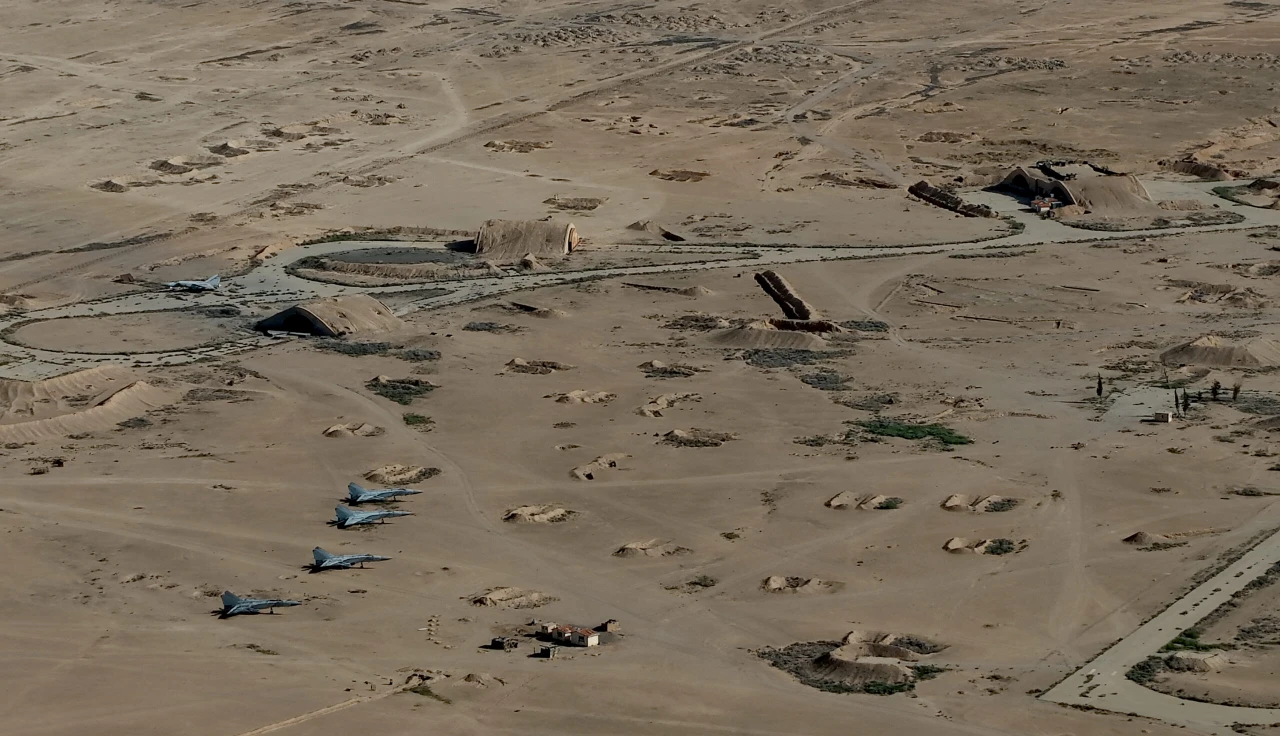Israel allegedly used WhatsApp to communicate with ousted Assad regime
 WhatsApp logo displayed on phone screen is seen in this illustration photo taken in Poland on Dec. 15, 2024. (AFP Photo)
WhatsApp logo displayed on phone screen is seen in this illustration photo taken in Poland on Dec. 15, 2024. (AFP Photo)
Israel’s intelligence services have allegedly been communicating with the ousted Syrian leader Bashar al-Assad and his inner circle for years via WhatsApp, using the codename “Musa.” Reports suggest these contacts intensified following Israeli airstrikes on targets in Syria said to belong to Iran and Hezbollah.
Why it matters
The collapse of the Baath regime on Dec. 8 and Assad’s subsequent flight to Russia have shifted the balance of power in the region. Israel’s secret contacts with Assad’s now-ousted regime could significantly impact the emerging political landscape in the Middle East.

Details
- Israeli intelligence reportedly used the alias “Musa” on WhatsApp to communicate with top Assad regime officials.
- One alleged operation involved negotiating a deal: lifting international sanctions on Assad in return for halting arms shipments to Lebanon.
- Former Israeli intelligence Mossad Chief Yossi Cohen reportedly planned a meeting with Assad at the Kremlin in 2019, but Assad withdrew at the last minute.
Zoom in
Israel is said to have communicated with former Defense Minister Ali Mahmud Abbas via WhatsApp, especially following Israeli strikes on Syrian sites. This indicates Israel used both military and diplomatic channels in its dealings with the regime.
Zoom out
- Regime opposition groups intensified clashes with Assad’s forces starting Nov. 27, eventually gaining control of major cities like Aleppo, Idlib, Hama and Homs.
- By Dec. 8, the Assad regime had collapsed, losing control of Damascus and other regions as large segments of the population backed opposition groups.
- Assad fled to Russia, ending 61 years of Baath Party rule. A transitional government took over, appointing Mohammed al-Bashir as interim prime minister until March 2025.



